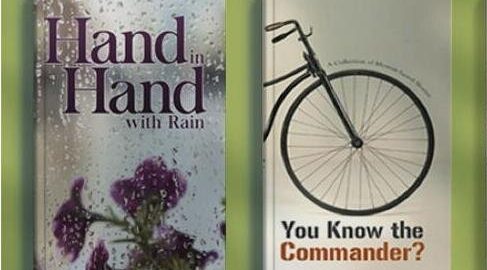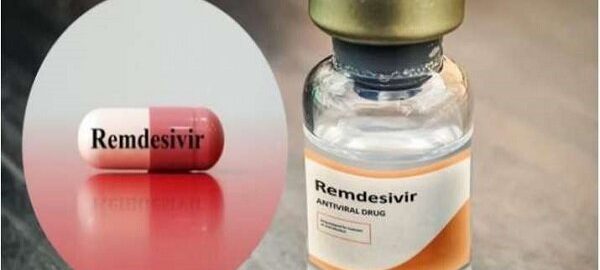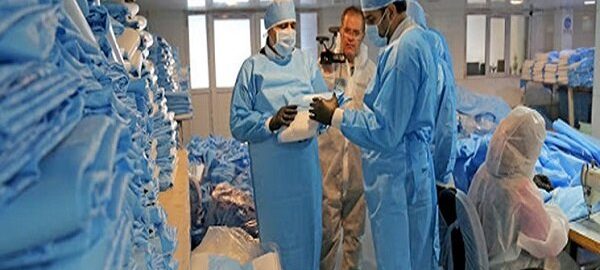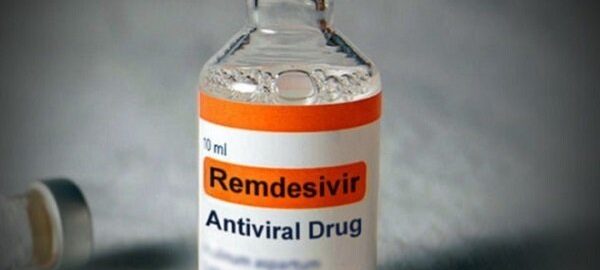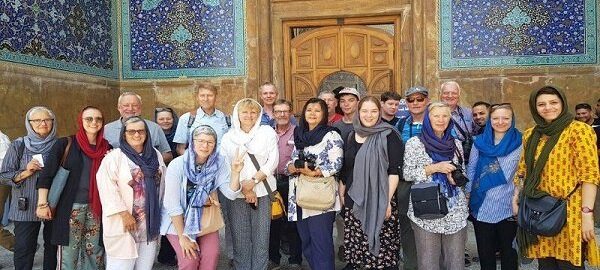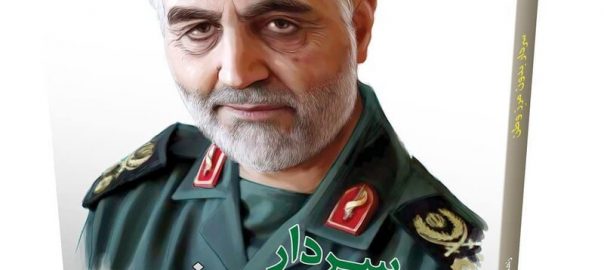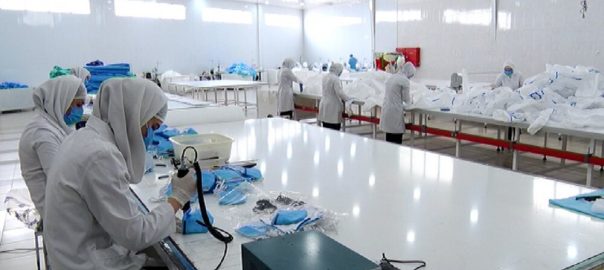An official with Iran’s Trade Promotion Organization (TPO) said on Sunday that The country’s exports to the UAE increased 39 percent in terms of weight in a three-month timespan to June 20.
According to the Director-General of the Arab-African States Department at TPO Farzad Piltan, the UAE market has had a 15.2-percent share in Iran’s exports in the first quarter of the current Iranian calendar year, reaching $967 million from March 21 to June 22, 2020.
“This figure in the same period in 1398 stood at $895 million dollars, which shows a growth of 8 percent,” he said noting that the announced figures are registered under the coronavirus pandemic.
“However, in terms of weight, Iran’s exports to the UAE in the first quarter of the current fiscal has increased by 39 percent to 3,377,000 tons,” he added.
As Piltan said, Iran-UAE trade hovers around $12 billion annually, 40 percent of which belongs to Iran’s exports to the country.
Iranian Parliament Research Center (IPRC) said that the United Arab Emirates (UAE), China, and Iraq accounted for about 54 percent share of Iran’s total value of non-oil goods in 2018.
There is a relatively strong focus on Iran’s export target markets in such a way that the aforementioned three countries accounted for about 54 percent of the country’s total exports share value of non-oil goods, Head of Iranian Parliament Research Center Mohammad Ghasemi added. MNA/


